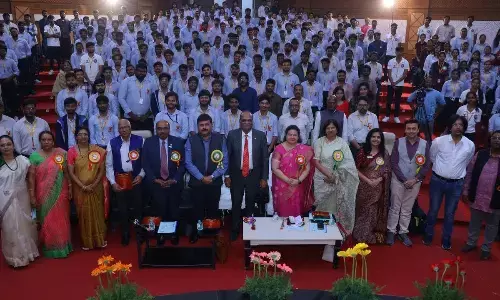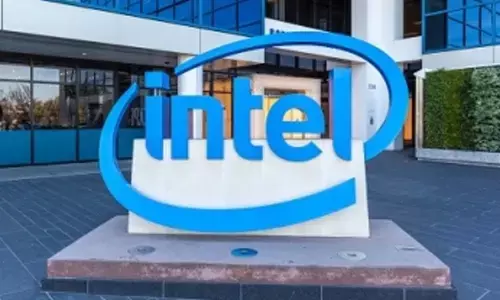One should know one’s duties

The Onion crisis in India happened on the verge of the elections in 1996. I was in the Ministry of Agriculture (MoA), as Joint Secretary in charge of Marketing (among other subjects). I was sending daily reports to the Prime Minister’s Office (PMO) on the prices of onions in various markets of India, the most important ones being Nasik in Maharashtra and Kamalapuram in Andhra Pradesh.
The Onion crisis in India happened on the verge of the elections in 1996. I was in the Ministry of Agriculture (MoA), as Joint Secretary in charge of Marketing (among other subjects). I was sending daily reports to the Prime Minister’s Office (PMO) on the prices of onions in various markets of India, the most important ones being Nasik in Maharashtra and Kamalapuram in Andhra Pradesh.
I asked Kamal Pandey, my mentor and at that time the Agriculture Secretary, Government of India, why we were sending these reports to the PMO. The MoA was in-charge of monitoring the production of commodities, not their sale. Once any produce reaches the farm-gate, it is the job of the Consumer Affairs Department within the Civil Supplies Ministry.
Kamal Pandey asked me whether I intended that he should tell the PMO that he would not send them the reports that they were asking him for! I told him that I was only telling him what our ‘Dharma’ was as we were doing something not in our line of duty. The information we were gathering may have been inaccurate.
And, in the event there was to be an issue about its timeliness or quality, it was going from the wrong source to the PMO. The question was not whether the information should be sent or not, but rather, “who” should send it. I told him that I believed that firstly, every Ministry or Department of the Government of India should do what it is supposed to do, and secondly, it should not do what it is not supposed to do, no matter who is asking you.
A couple of days later Ashok Saikia, a good friend who was a Joint Secretary in the Prime Minister’s Office called me. Clearly he was under a lot of pressure at that time. He said “I believe you are having some conscientious objections to the furnishing of this information to the PMO”.
I replied that I had no views on the information, per se but only had an issue over the source from which it was being obtained. He was getting impatient, and as I was saying, “Please let me explain….” he hung up saying, “You will explain when your explanation is called for”.
No one, however, called for my explanation thereafter. Apparently it was checked up and found that I was right.
In any job, it is very important to know precisely what your functions are, and where your responsibilities do not lie. The system is best served by following it unless, of course, it is changed - which can be done only by those who are in charge of it.











